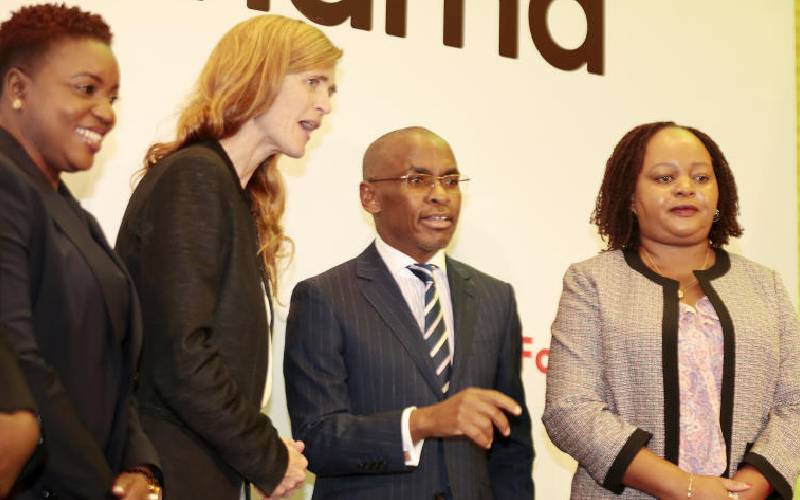×
The Standard e-Paper
Home To Bold Columnists

There is a silver lining in the fight against maternal and infant death after the Kenya and United States governments and other partners launched an initiative to enable women due for delivery to access hospitals on time.
The technology dubbed M-Mama is an emergency referral system that will enable pregnant women and newborns faced with medical complications to swiftly receive transport and appropriate healthcare finicalities on time.